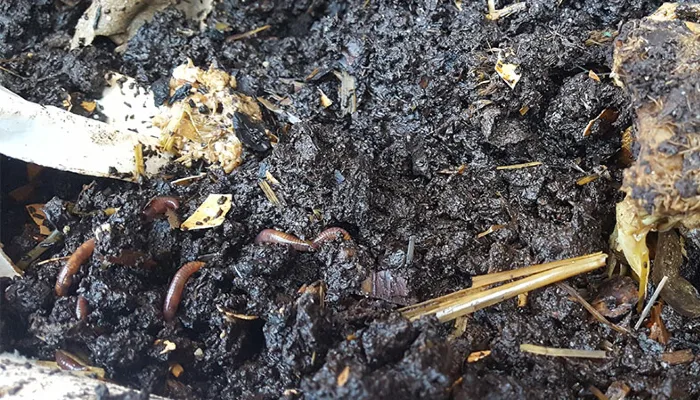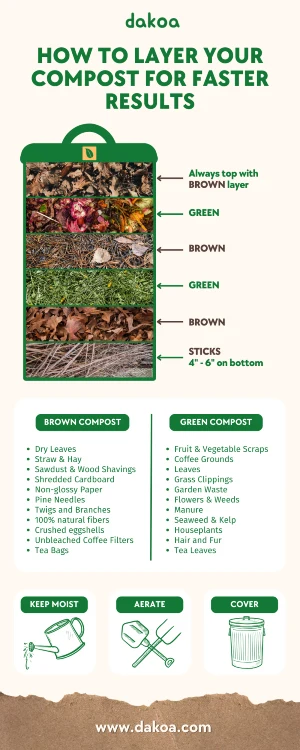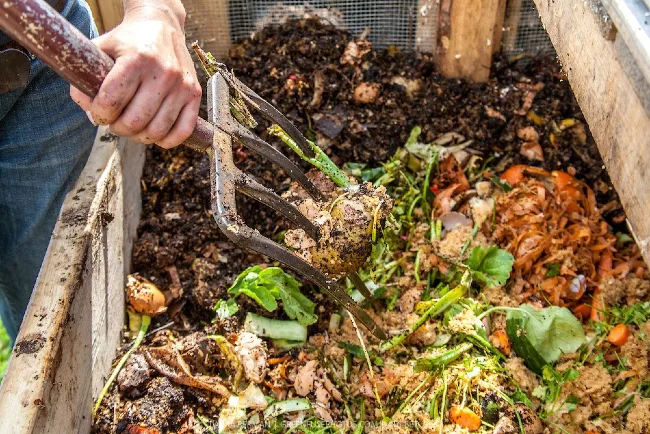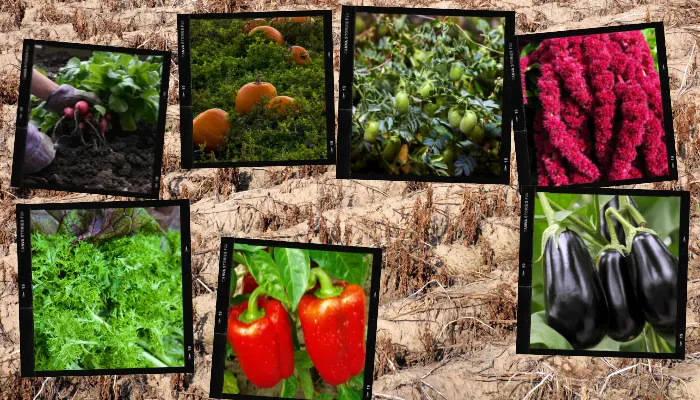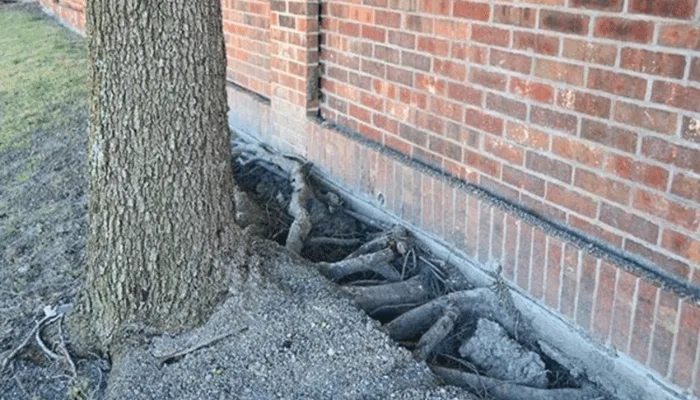A soggy compost pile is a problem. Excess moisture not only slows down the composting process but also creates a smelly, anaerobic mess. Let’s find out how to identify, solve, and prevent wet compost problems.
Wet compost feels soggy and heavy. If you squeeze a handful and water drips out, it’s too wet. The ideal compost should feel like a wrung-out sponge – moist but not wet. Too much water can drown the beneficial microbes that break down organic matter, leading to poor aeration and slow decomposition.
Causes of Wet Compost
Several factors can lead to excess moisture in your compost pile or bin:
- Green Materials: Items like grass clippings and kitchen scraps are high in nitrogen and water content. Adding too much green material without balancing it with brown materials can make your compost wet.
- Environmental Factors: Rain or high humidity can increase moisture levels, especially if your compost pile is exposed.
- Poor Aeration: Without proper airflow, moisture gets trapped, creating anaerobic conditions that slow down the composting process.
Quick Solutions for Wet Compost
Here are practical tips to balance moisture content and keep your compost healthy:
- Add Brown Materials: Incorporate carbon-rich materials like dry leaves, straw, or shredded paper. These will help absorb excess moisture and balance the nitrogen-rich green materials.
- Improve Aeration: Turn your compost regularly to introduce air. You can also add materials like wood chips to create air pockets.
- Cover Your Pile: Use a tarp or compost cover to protect your pile from rain. This helps control moisture levels and keeps your compost from getting too wet.
Prevention Tips
Preventing excess moisture is key to maintaining a healthy compost pile:
- Location Matters: Place your compost bin in a well-drained area. Avoid low spots where water can collect.
- Use Moisture Meters: Regularly check the moisture content with a compost moisture meter. This helps you monitor and adjust as needed.
- Balance Materials: Follow a rough rule of thumb: for every bucket of green material, add two buckets of brown material. This helps maintain the right balance of moisture and air.
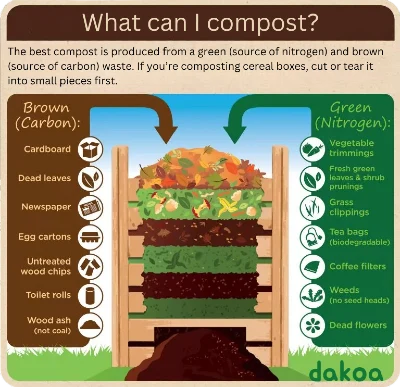
Specific Use Cases and Troubleshooting
Sometimes, composting can present specific challenges. Here’s how to tackle common issues:
- Anaerobic Conditions: If your compost smells bad or isn’t heating up, it might be too wet and lacking oxygen. Add dry compost materials and turn the pile to introduce air.
- Bad Odor: A foul smell indicates anaerobic decomposition caused by too much moisture. You added too much wet mix. Adjust the balance by adding brown materials like pine needles and improving aeration.
- Slow Decomposition: If your compost isn’t breaking down, it could be too wet or lacking nitrogen. Add dry materials and a nitrogen source like kitchen scraps or grass clippings.
3 Practical Tips for Managing Compost Moisture
- Monitor Regularly: Check your compost’s moisture content weekly, especially after rain or adding new materials.
- Use a worm bin: For kitchen scraps, consider a worm bin. Worms help break down organic matter and maintain balanced moisture levels.
- Layer Your Materials: Alternate layers of green and brown materials to ensure even distribution and moisture balance.
Big List of Compost FAQs
Q: How can I tell if my compost is too wet?
A: If your compost feels soggy and water drips out when squeezed, it’s too wet. It should feel like a wrung-out sponge.
Q: What are the main causes of wet compost?
A: Excess green materials, environmental factors like rain, and poor aeration can all lead to wet compost.
Q: How do I fix wet compost?
A: Add brown materials like dry leaves or straw, turn the pile to improve aeration, and cover the compost to protect it from rain.
Q: Can I prevent my compost from getting too wet?
A: Yes, place your compost bin in a well-drained area, use a compost cover, and balance green and brown materials.
Q: What if my compost smells bad?
A: A bad odor indicates anaerobic conditions. Add dry materials, turn the pile, and improve aeration to fix this.
Q: How often should I check my compost’s moisture?
A: Check your compost’s moisture content weekly, especially after adding new materials or after rain.
Q: What’s the best way to balance compost materials?
A: Follow the rough rule of thumb: for every bucket of green material, add two buckets of brown material.
Q: Can kitchen scraps make my compost too wet?
A: Yes, kitchen scraps are high in moisture. Balance them with dry, carbon-rich materials like shredded paper or straw.
Q: How can I use a worm bin to manage compost moisture?
A: Worm bins are great for kitchen scraps. Worms help break down materials and maintain balanced moisture levels.
Q: What’s the role of aeration in composting?
A: Proper aeration is crucial for maintaining healthy compost. It ensures that microbes have the oxygen they need to break down organic matter.
Q: How can I prevent my compost from becoming too wet during the rainy season?
A: Cover your compost pile with a tarp or compost cover during heavy rain to prevent excess moisture.
Q: Is it normal for compost to be wet in the center?
A: It’s common for the center of the compost pile to be more moist, but it should still feel like a wrung-out sponge, not soggy.
Q: Can I add too much dry material to my compost?
A: Yes, adding too much dry material can make your compost too dry. Simple solution here! Just balance it with green materials to maintain the right moisture level.
Q: What should I do if my compost is too dry?
A: Add water gradually and mix well to distribute moisture evenly. Adding green materials can also help increase moisture levels.
Q: How long does it take for compost to dry out after adding dry materials?
A: It depends on the initial moisture level and the amount of dry material added. It can take a few days to a few weeks.
Additional Tips and Techniques
Composting can be a bit of a struggle, especially when dealing with excess moisture. Here are some advanced tips and techniques to help you maintain the perfect compost balance:
- Use Peat Moss: Peat moss is excellent for absorbing excess moisture. Mix it into your compost to help balance water content.
- Incorporate Wood Chips: Wood chips are great for improving aeration. They create air pockets that help dry out wet compost.
- Add Dry Leaves: Collect dry leaves in early spring and store them for use in your compost pile. They are a great carbon-rich material to balance wet compost.
- Implement Aeration Pipes: Place perforated plastic pipes vertically in your compost pile to improve airflow and reduce moisture.
- Utilize Compost Moisture Meters: These tools can help you monitor moisture levels accurately, ensuring your compost stays within the ideal range.
Managing Compost in Different Climates
Composting can vary significantly depending on your climate. Here’s how to adjust your composting practices based on different weather conditions:
- Humid Climates: Excess moisture is more common in humid climates. Use more brown materials and turn your compost frequently to maintain aeration.
- Dry Climates: In dry climates, compost can dry out quickly. Water your compost pile occasionally and cover it with a tarp to retain moisture.
- Cold Climates: Cold weather can slow down the composting process. Insulate your compost pile with straw bales or blankets to keep it warm.
Enhancing the Composting Process
Details matter when it comes to creating the perfect compost.
- Mix Kitchen Scraps and Garden Waste: A mix of kitchen scraps, garden waste, and yard waste ensures a balanced compost with a variety of nutrients.
- Monitor pH Levels: Compost should be slightly acidic to neutral. Use a pH meter to monitor and adjust the pH levels if necessary.
- Introduce Compost Activators: Compost activators like manure or commercial products can speed up the decomposition process and improve compost quality.
Conclusion
Managing moisture in your compost pile is essential for creating healthy, nutrient-rich compost. By understanding the causes of wet compost and implementing practical solutions, you can ensure your composting process is efficient and effective.
Remember to monitor regularly, balance your materials, and adjust as needed. Happy composting!







